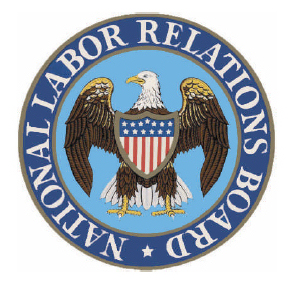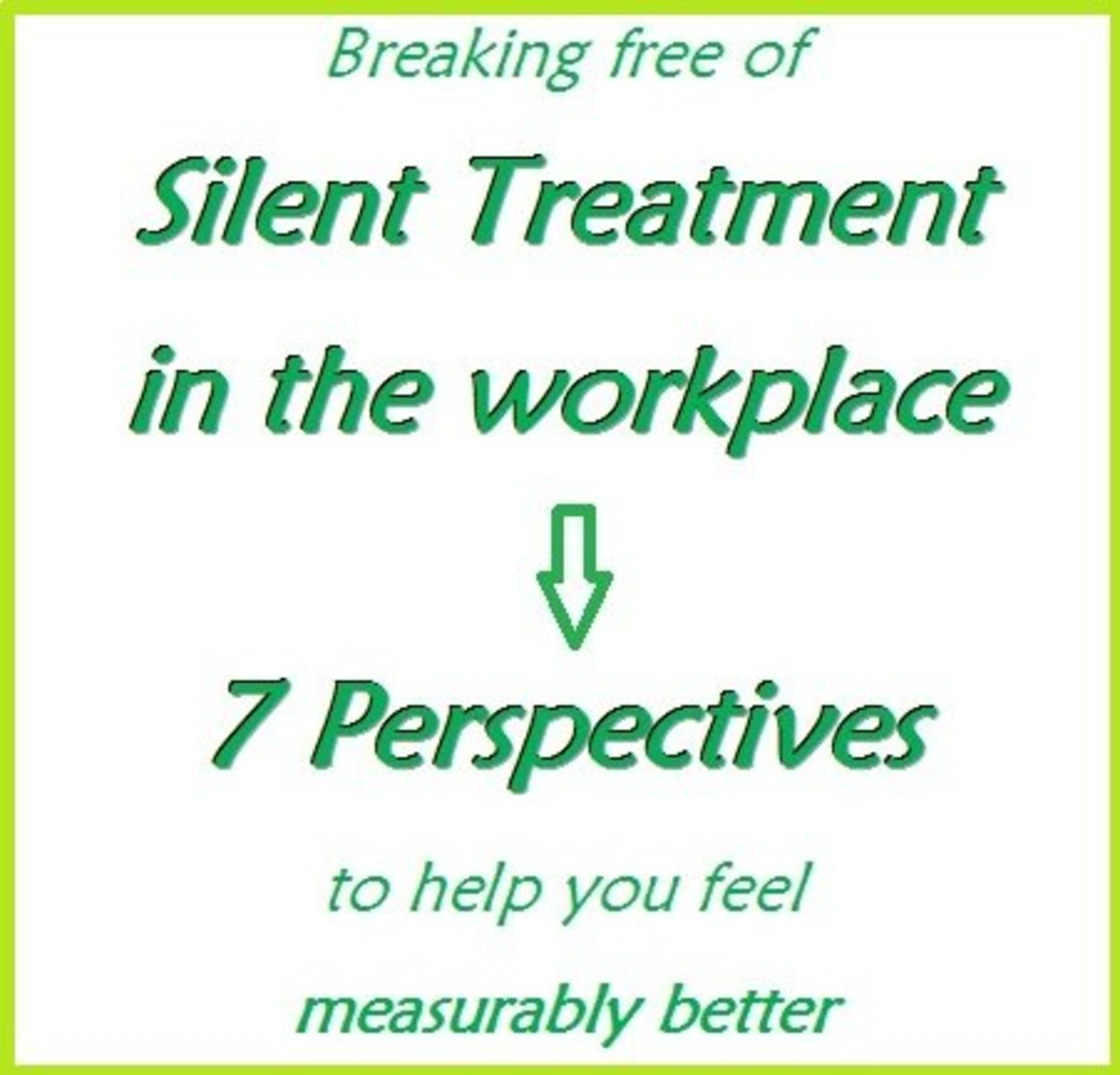Employer Alert: New NLRB Posting Requirements Impact Non-Union Employers
Employers without any union employees may be surprised to know that new posting requirements of the National Labor Relations Board may soon impact them. The new rule, which takes effect April 30, 2012, will require most private sector employers, large and small, to notify their employees about their right to unionize.
The Board is the agency charged with enforcement of the National Labor Relations Act (NLRA), which protects employees' rights to unionize and bargain collectively. The agency believes the new posting requirements are necessary because many employees are unaware of their rights under the law and their lack of knowledge impacts the law's effectiveness. The Board also hopes increased awareness will promote greater compliance by employers and unions.
The new rule has not been without controversy. Board Member Brian E. Hayes dissented from issuance of the final rule, stating he did not believe the Board had the authority to issue it. Business groups are trying to block the new requirements, and three different lawsuits filed by the National Association of Manufacturers, the U.S. Chamber of Commerce, and the National Federation of Independent Business are pending in federal court.
In response to concerns raised by businesses and trade organizations, the Board initially postponed the implementation date from November 14, 2011, to January 31, 2012, to allow additional time to educate employers, particularly smaller employers, about their new obligations under the rule. In late December 2011, the Board announced a second delay at the request of the federal district court in Washington, D.C., which hearing one of the legal challenges to the rule. The Board has determined that a second postponement will facilitate resolution of the legal challenges.
Unless court action further delays implementation of the new requirements, employers must be prepared when the rule takes effect at the end of April. This requires an understanding of both the rule's applicability and the specific posting requirements.

What Businesses are Covered
The new rule applies to any private sector employer within the jurisdiction of the NLRB. Most small employers are covered based on the volume and character of their business:
- Non-retail businesses are covered if their annual inflow or outflow across state lines is $50,000 or more.
- Retail and home construction businesses are covered if their gross annual volume of business is at least $500,000.
Because the National Labor Relations Act protect employees' rights to collectively bargain regardless of whether they are organized, non-union employers must comply.
What Employers Must Do to Comply
- Covered employers must post notices informing employees of their rights under the NLRA, contact information for the Board, and information concerning basic enforcement procedures.
- The poster must be at least 11 x 17 inches in size and is available for download from the Board's website.
- The notices must be posted in conspicuous places where other notices concerning personnel rules or policies are customarily posted.
- If the employer normally posts employee notices to an electronic site, such as an Intranet site, it must also post the NLRA notice there or link to the Board's site containing the poster.
- If at least 20% percent of the workforce speaks a language other than English, the employer must post the notice in that language. The Board provides versions of the poster in Spanish and 23 other commonly spoken languages.
An employer's failure to post the required notice may result in an unfair labor practice charge filed by an employee, a union, or others. If the employer was unaware of the posting requirement and complies upon Board request, the Board likely would drop the charge with no further action. If, however, the Board finds the employer knowingly failed to post the notice, it would consider the failure to post as evidence of the employer's intent to violate employees' rights under the law.







